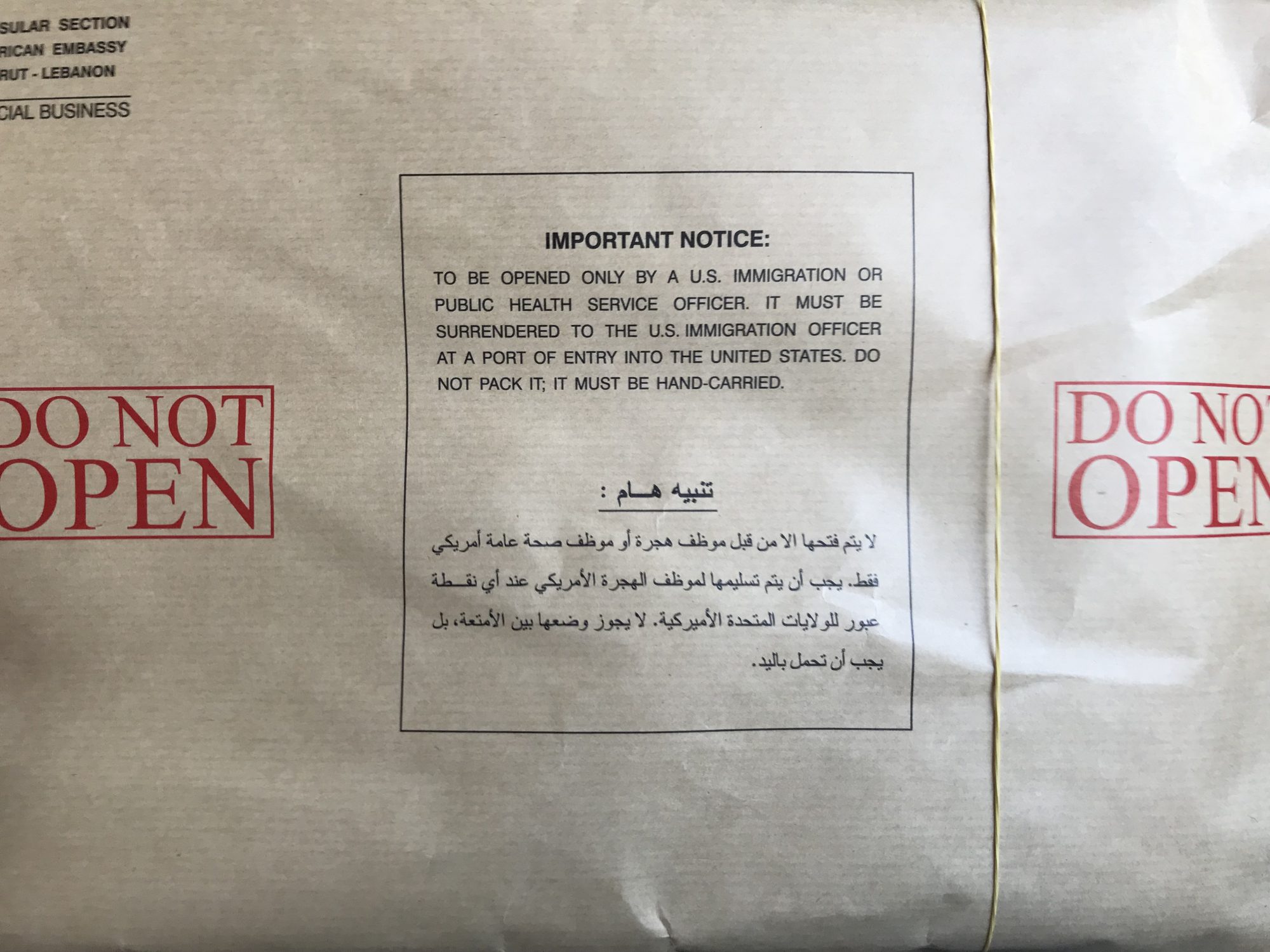“To be yourself
is all that you can do
(all that you can do)
To be yourself
is all that you can do
(all that you can do)”
How many of us play amateur detective in some psychodrama when we look back at lives that ended in tragedy? We go over the liner notes and find all the right clues—maybe they were always there. Or maybe the pressure to entertain a certain way was actually whodunnit. It’s hard to put the magnifying glass down; cold cases are kept warm by kinship.
A song like “Be Yourself” will do that to you. What at first blush sounds like a love and light sort of radio pleaser turns a lot more anguished when heard in retrospect; the affirmation of “being” oneself starts to sound defeated—the acceptance of all that one can do now turns fatalistic.
We speculate about the inner worlds of distant figures we perceived as near and dear because there’s something in our own selves that is just like that; we are near and dear to a great many who will only ever apprehend our surface area—a nearsightedness that may even bring comfort to us for much of our shared lives.
The true tragedy unfolds, though, when we only know our own selves at that surface level as well. I hazard that that is when the cracks begin to form, and if we’re not careful, that is how it all falls apart.
Forensics is so much easier when the victim’s around to walk along the trail of evidence—to lift the prints up to conscious awareness. We may use different ways and means but the outcome is the same, if doggedly pursued: case closed.
Chris Cornell’s song is doubly-tragic because it’s simply untrue: to be yourself is not all that you can do.
One of my favorite new lenses that I’ve picked up for apprehending my own life is the notion of “inconjunction.” Not “in conjunction”—the very opposite:
in·conjunct | \ (¦)in, ən+ \
archaic, of celestial bodies or zodiacal signs
: “lacking conjunction”
It has a pretty specific sense complete with geometric degrees in its astrological usage, but I like the story that this archaic word tells about life more broadly: that there are things that seem out of relationship, neither opposed nor allied, but are still somehow part of a whole best glimpsed in their affect on a mediating third external to both.
Astro-blogs refer to things inconjuct as points or planets that “don’t understand each other.” I quite liked how my friend @stoneroseshandmade described it as celestial bodies “kinda doing their own thing.” This would seem like the very definition of “discountable” if it weren’t for their impact on us, caught in betwixt. The way this manifests itself in the astrological worldview can be something like that “two wolves” meme that we’ve all seen. There are two wolves inside me and they are inconjunct.
But you don’t have to care about astrology to find that useful; in fact, thinking about astrology itself as a “celestial” body of knowledge kinda doing its own thing some number of degrees removed from other bodies of knowledge—psychology, theology, ecology, whatever—can be just as fascinating. What the inconjunct reveal is that nothing is ever really out of relation.
This, to me, is similar to how Pavel Florensky talks about transcendence and immanence, these two supposedly incompatible approaches to reality that are intimately much more entangled than we make it seem. He argues that a thing is transcendent/immanent always in relation to something else—that neither frame of reference makes sense without the other. We can certainly pretend like they’re lone wolves that lash out at each other whenever their paths cross, but that would be war—not reality.
It seems to me that the inconjunct exist for us to find and render in conjunction—to bring to conscious awareness and integrate. The inconjunct need us to mediate and translate between them. There are two wolves in everything and they need us to call them kin, just like Saint Francis.
“I walk the streets of Japan till I get lost
Cause it doesn’t remind me of anything
With a graveyard tan carrying a cross
Cause it doesn’t remind me of anything
I like studying faces in a parking lot
Cause it doesn’t remind me of anything
I like driving backwards in the fog
Cause it doesn’t remind me of anything.”
